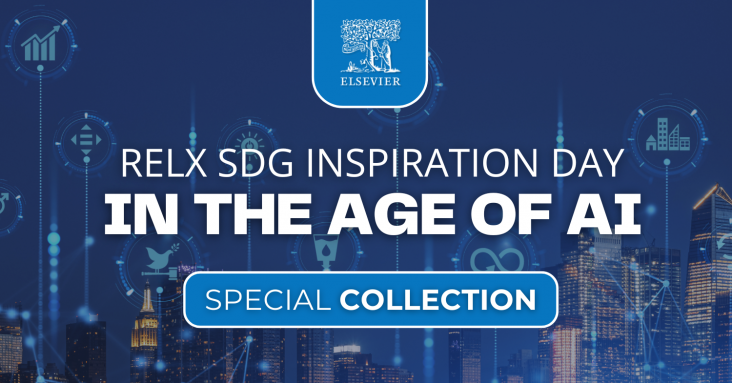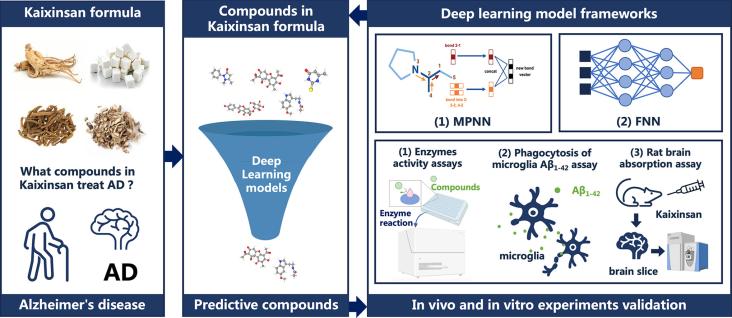This chapter supports UN SDG3 and discusses how Indigenous communities are grounded in the connections among people and between people and the natural world. Especially important is the wisdom of elders and the knowledge that comes from culturally embedded teachings and how unique technological tools can aid in strengthening self-esteem and well-being and rebuild core cultural relationships.
This content addresses SDG 3 (Good Health and Well-being) and SDG-10 (Reduced inequalities), aligns with the World Health Organization’s goal to promote universal health coverage, and aims to help close the health treatment gap that keeps remote, underserved communities from accessing needed quality health services.

Remington and Klein's Infectious Diseases of the Fetus and Newborn Infant (Ninth Edition), 2025, Pages 728-744.e4
This content aligns with Goal 3: Good Health. Public health programs at the governmental level are in need for prevention of the maternal-fetal transmission of these viruses and access to available antiviral therapies.

This study developed four deep learning models to identify potential Alzheimer's disease treatments from traditional Chinese medicine, specifically the Kaixinsan formula. The models successfully predicted compounds that showed significant anti-Alzheimer's activities in various experimental validations.

